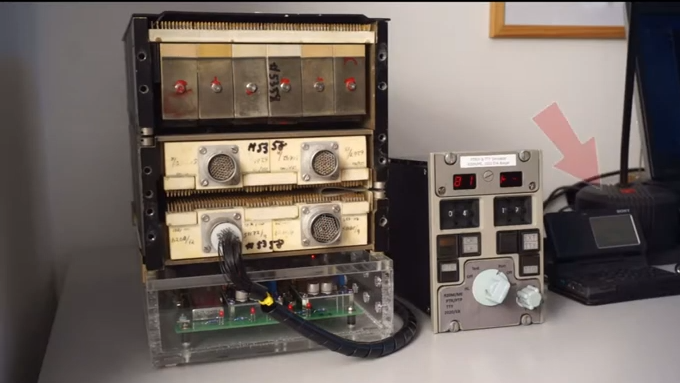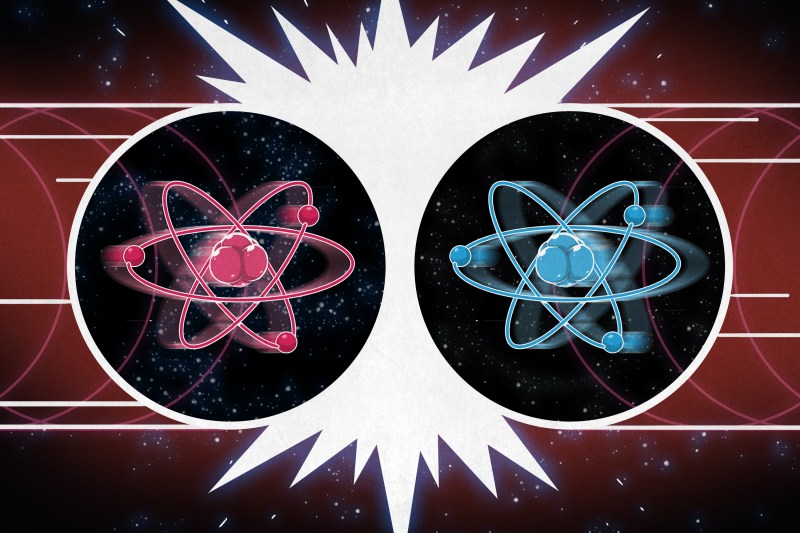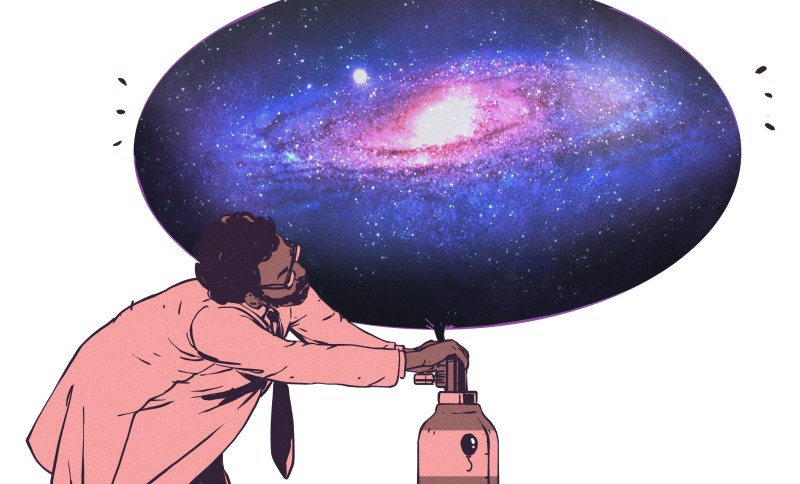Listening to the Sounds of an 1960s Military Computer

Restoring vintage computers is the favorite task of many hardware hackers. Retrocomputing probably makes you think of home computer brands like Commodore, Amiga, or Apple but [Erik Baigar] is deeply …read more Continue reading Listening to the Sounds of an 1960s Military Computer

